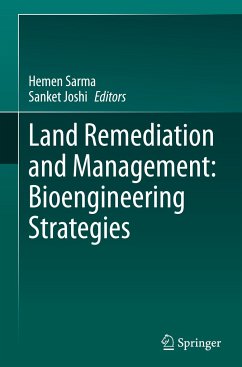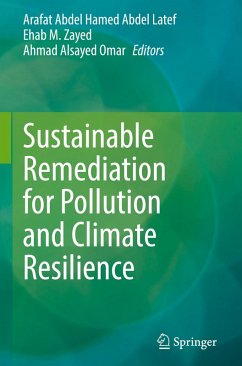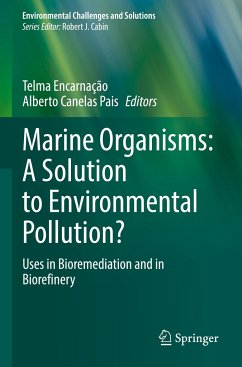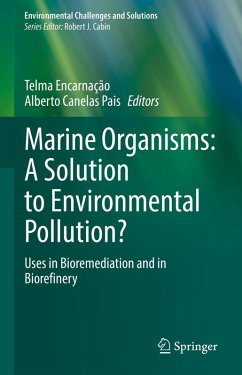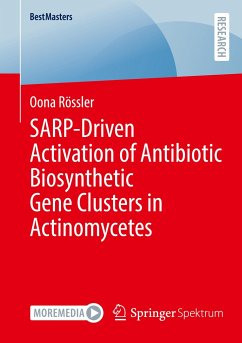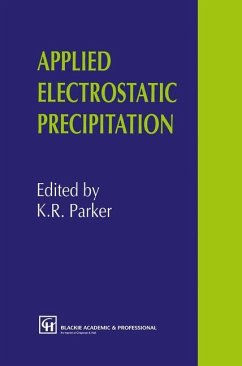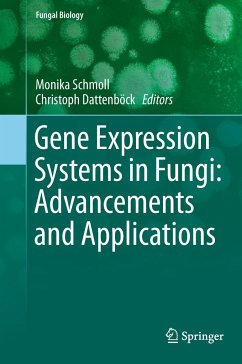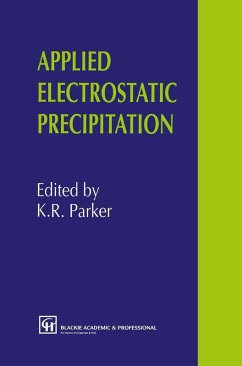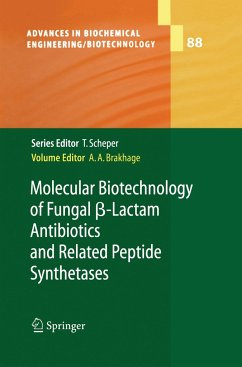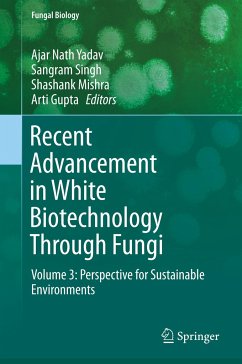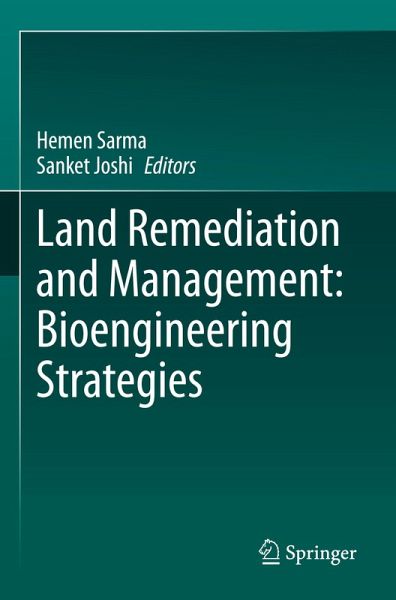
Land Remediation and Management: Bioengineering Strategies
Versandkostenfrei!
Versandfertig in 6-10 Tagen
151,99 €
inkl. MwSt.

PAYBACK Punkte
76 °P sammeln!
This edited book deals with land regeneration and management using living organisms for a sustainable future. It brings together the latest developments made by leading biotechnologists, bioengineers and environmental scientists in the area of land remediation. The chapters cover different aspects of soil's conventional and emerging pollutants (synthetic or naturally occurring chemicals). Global population is rapidly affected by this catastrophic situation, industrialization and overuse of chemical compounds. There are currently many bioengineering strategies used to eliminate these dangerous ...
This edited book deals with land regeneration and management using living organisms for a sustainable future. It brings together the latest developments made by leading biotechnologists, bioengineers and environmental scientists in the area of land remediation. The chapters cover different aspects of soil's conventional and emerging pollutants (synthetic or naturally occurring chemicals). Global population is rapidly affected by this catastrophic situation, industrialization and overuse of chemical compounds. There are currently many bioengineering strategies used to eliminate these dangerous chemicals. In this book, the chapters present the current evidence and comprehensive studies that may be useful for reader. It provides a comprehensive text thereby filling the gap in the literature. The contents of the book further deliver a good understanding of emerging environmental contaminants and their sustainable remediation through the use of bioengineering toolsand techniques.This book is of interest to industry experts, researchers, academicians in bioengineering and biomedical sciences, graduates and undergraduates in Biotechnology, Microbiology, Environmental Sciences, Health, Clinical and Pharmaceutical Sciences. It is also a useful read for national and international agricultural scientists and policy makers.



